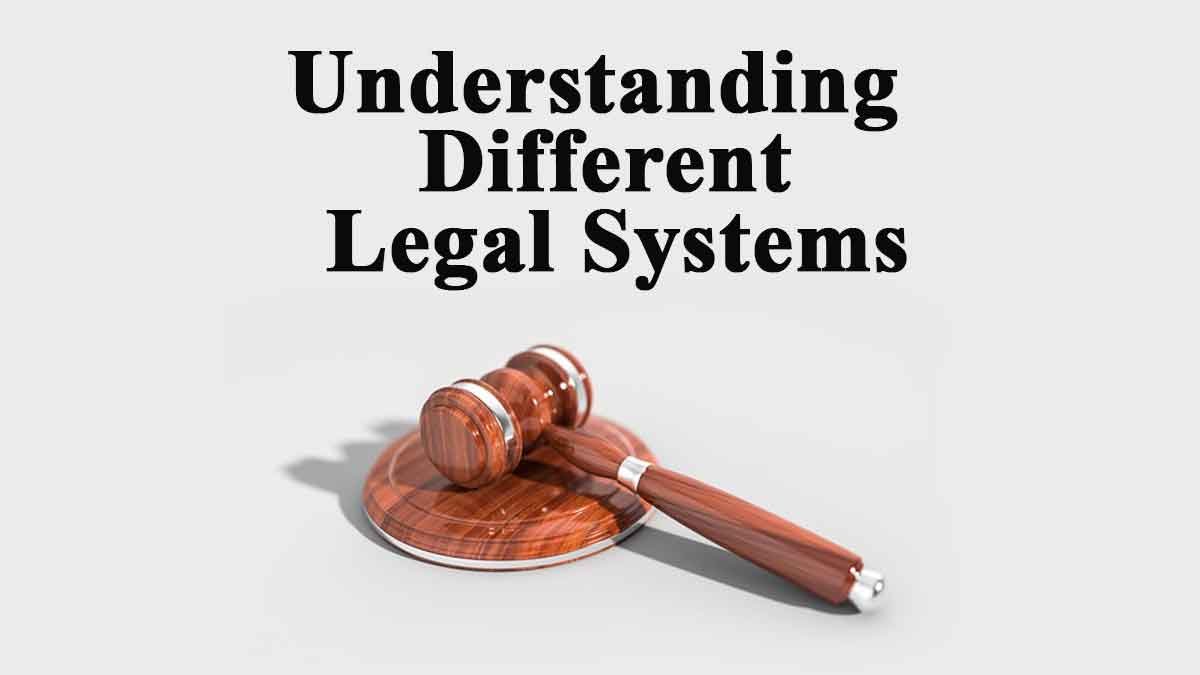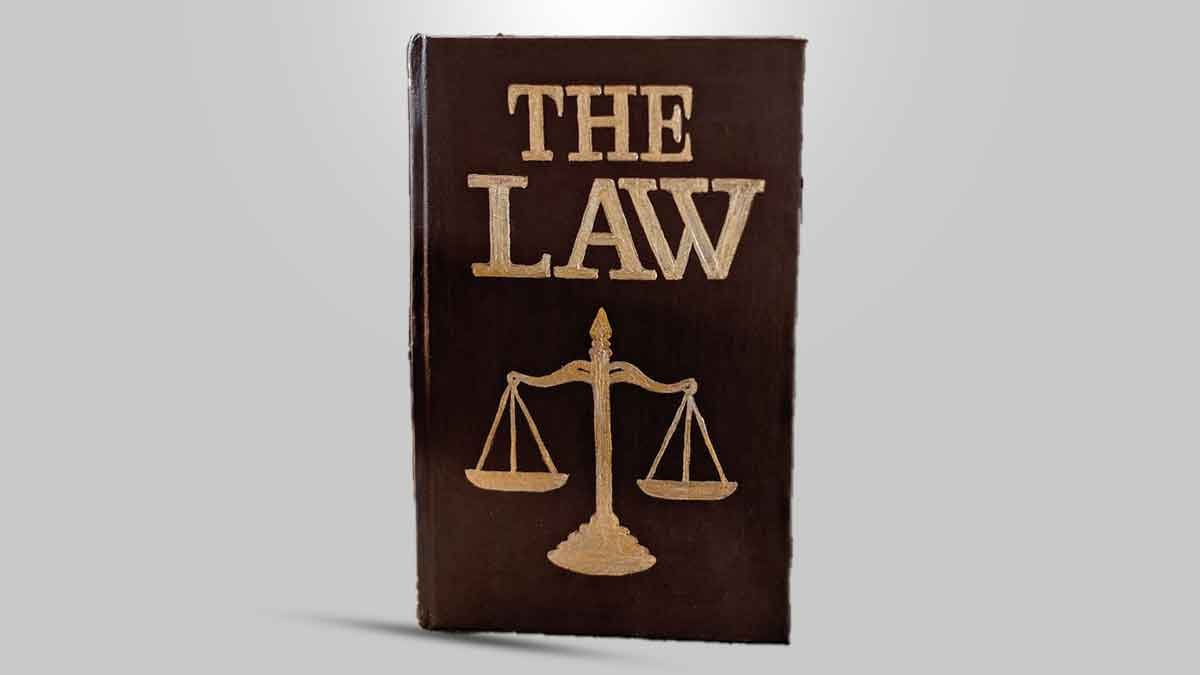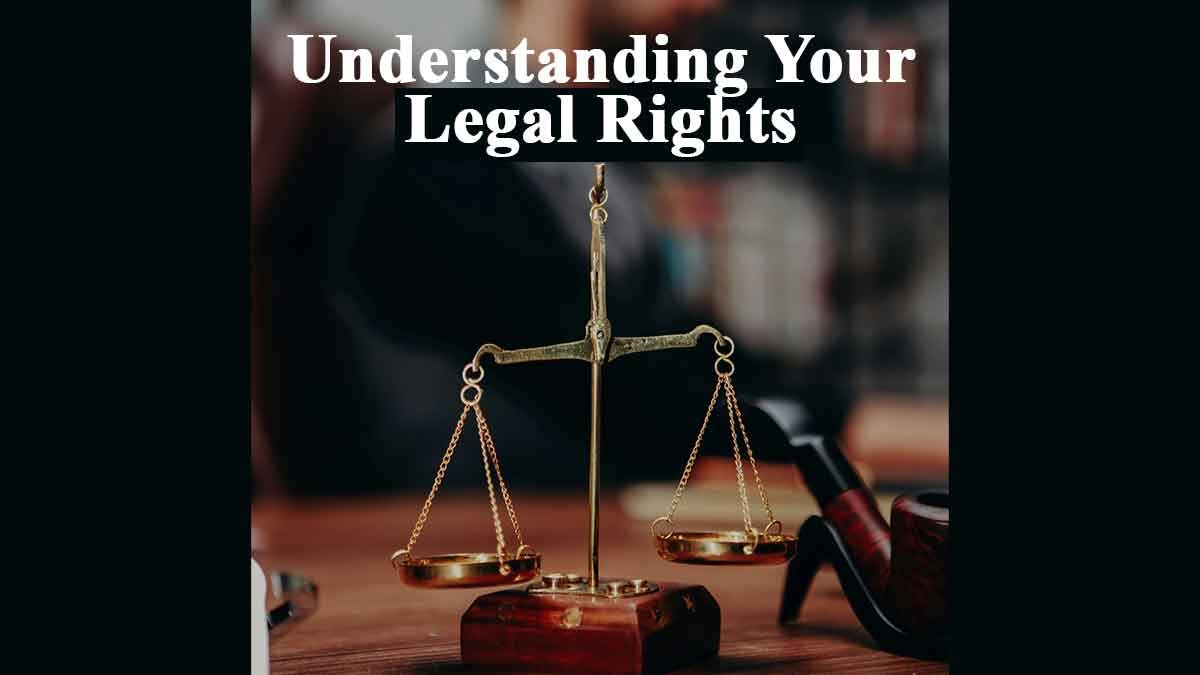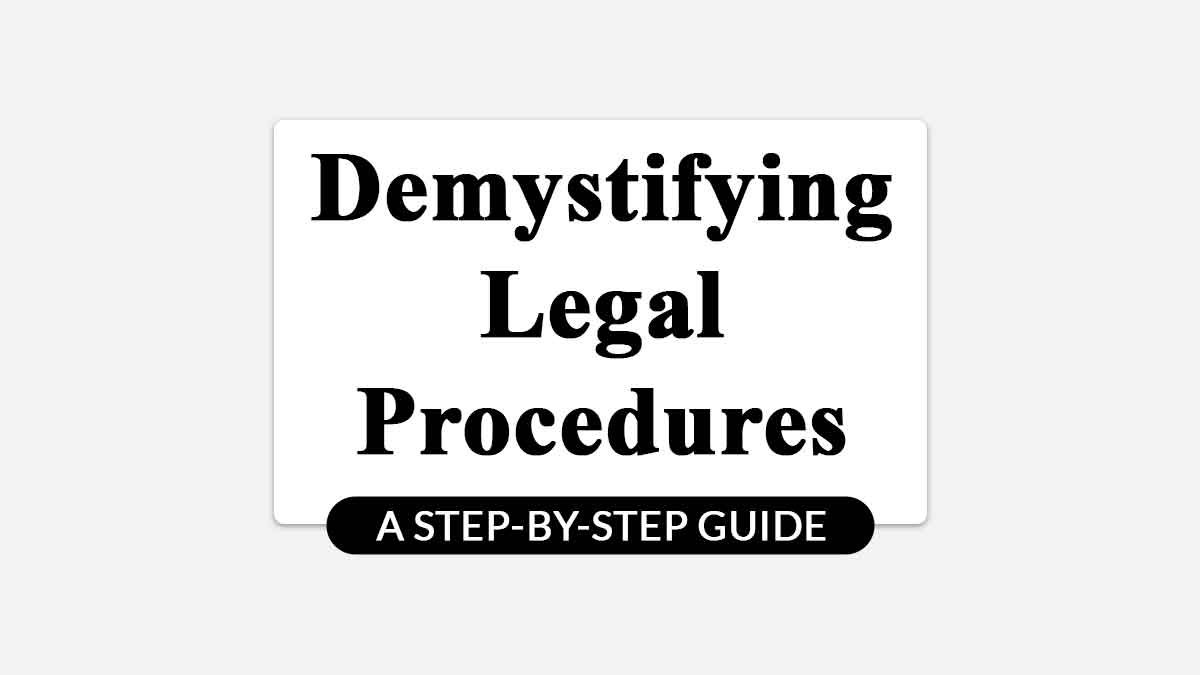Does Health Insurance Cover Car Accidents?
Introduction
In the hustle and bustle of our daily lives, car accidents can happen unexpectedly. When they do, the first concern is typically the well-being of those involved. However, after addressing immediate medical needs, a question that often arises is, “Does health insurance cover car accidents?” In this comprehensive article, we will delve deep into this topic, providing you with the information you need to navigate these situations confidently.
Table of Contents for Does Health Insurance Cover Car Accidents
Does Health Insurance Cover Car Accidents?
When you find yourself in a car accident, the first priority should always be seeking medical attention if needed. However, understanding your health insurance coverage is also crucial. Let’s explore this topic further.

Understanding Health Insurance Coverage
Health insurance primarily focuses on medical expenses related to illness and injury. While it doesn’t directly cover the damages to your vehicle or other property, it can cover medical costs resulting from a car accident, such as hospital bills, doctor’s fees, and medications.
Limitations to Health Insurance Coverage
While health insurance can be a valuable resource in the event of a car accident, it’s important to be aware of its limitations. Understanding these limitations can help you prepare for potential out-of-pocket expenses and navigate the claims process more effectively. Here are some key limitations to keep in mind:
1. Deductibles and Copayments
Like any medical treatment, health insurance plans often come with deductibles and copayments. A deductible is the amount you must pay out of pocket before your insurance coverage kicks in. Copayments are fixed amounts you pay for specific medical services. In the context of a car accident, you may have to cover these costs, depending on your insurance plan. It’s crucial to review your policy to understand the specific deductibles and copayments that apply.
2. Injuries to Others
While your health insurance primarily covers your medical expenses, it may not extend to injuries sustained by other parties involved in the car accident. If you’re at fault for the accident, your liability insurance within your auto insurance policy would typically cover the medical expenses of others. However, if you’re not at fault, the at-fault driver’s liability insurance should cover the injuries of others. Health insurance is generally not designed to cover third-party liability.
3. Property Damage

Health insurance is primarily focused on medical expenses related to illness and injury. It does not cover damage to your vehicle or other property resulting from a car accident. For these expenses, you’ll need auto insurance coverage. Property damage coverage is typically provided under the collision or comprehensive coverage within your auto insurance policy.
4. Coverage Limits
All health insurance plans have coverage limits, meaning there is a maximum amount the insurance company will pay for medical expenses. If your medical bills exceed these limits, you may be responsible for the remaining costs. It’s essential to be aware of these limits and choose a plan that aligns with your needs.
5. Out-of-Network Providers
Health insurance plans often have networks of healthcare providers. If you seek medical care from a provider outside of your network, your insurance coverage may be limited, and you may incur higher out-of-pocket costs. In the event of a car accident, try to seek treatment from in-network providers when possible to maximize your coverage.
6. Pre-existing Conditions
If you have pre-existing health conditions, your health insurance coverage for car accident-related injuries may be influenced by these conditions. Some pre-existing conditions could impact coverage or require additional documentation during the claims process. It’s advisable to communicate openly with your insurance provider about any pre-existing conditions.
Understanding these limitations can help you make informed decisions when it comes to seeking medical care and handling insurance claims after a car accident. It’s essential to review your health insurance policy and auto insurance policy carefully to ensure you have the coverage you need in case of unexpected accidents.
Coordinating Health and Auto Insurance
To ensure you have comprehensive coverage, it’s wise to coordinate your health and auto insurance policies. Here’s how it can work:
- Primary and Secondary Insurance: Your health insurance acts as the primary coverage for your medical expenses. Auto insurance, on the other hand, can serve as secondary coverage, covering what your health insurance doesn’t.
- Personal Injury Protection (PIP): Some states require Personal Injury Protection as part of your auto insurance policy. PIP can help cover medical expenses, lost wages, and even essential services like childcare, regardless of who’s at fault.
FAQs about Does Health Insurance Cover Car Accidents
Can I use my health insurance for car accident injuries even if it wasn’t my fault?
Yes, you can use your health insurance for car accident injuries regardless of fault. Your health insurance is designed to cover your medical expenses in such situations.
Will my health insurance cover all my medical expenses in a car accident?
While health insurance can cover a significant portion of your medical expenses, you may still have deductibles, copayments, or limits on coverage. It’s essential to review your policy for specifics.
Does health insurance cover rehabilitation and physical therapy after a car accident?
Yes, health insurance often covers rehabilitation and physical therapy needed after a car accident. This is typically considered a necessary medical expense.
What should I do if the other driver doesn’t have insurance?
If the other driver doesn’t have insurance, you can still rely on your health insurance to cover your medical expenses. You may also consider uninsured motorist coverage as part of your auto insurance policy.
Do I need to inform my health insurance company about the car accident?
Yes, it’s essential to inform your health insurance company about the car accident, especially if you plan to use it for coverage. Provide all necessary details and documents for a smoother claims process.
How can I lower out-of-pocket expenses for car accident-related medical bills?
To lower out-of-pocket expenses, consider choosing a health insurance plan with lower deductibles and copayments. Additionally, explore options like Personal Injury Protection (PIP) through your auto insurance.
Conclusion
In times of unexpected car accidents, knowing whether your health insurance covers the associated medical expenses is vital. While it won’t handle all aspects of a car accident, it can significantly alleviate the financial burden of medical bills. By coordinating your health and auto insurance wisely, you can ensure comprehensive coverage and peace of mind.





